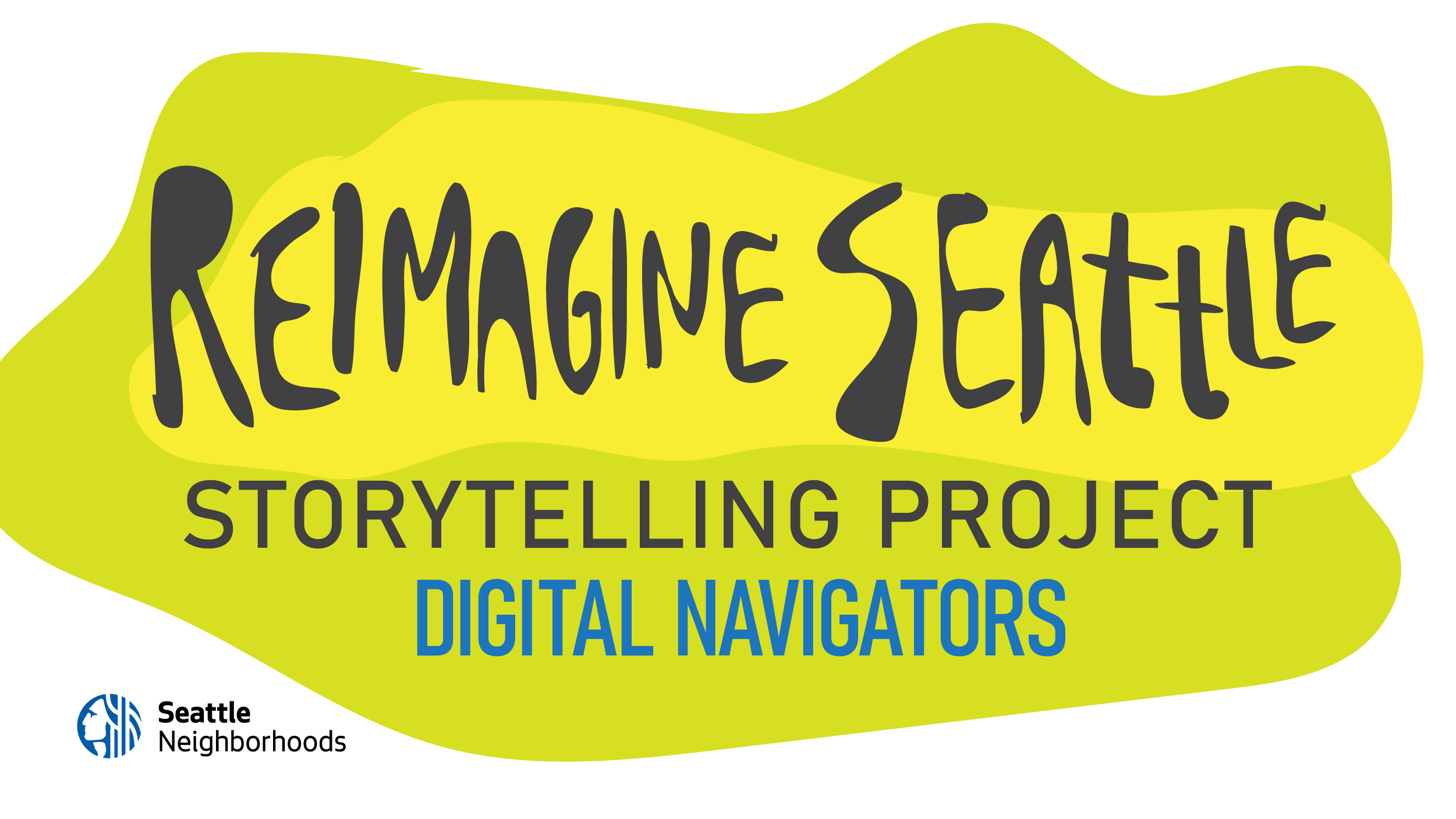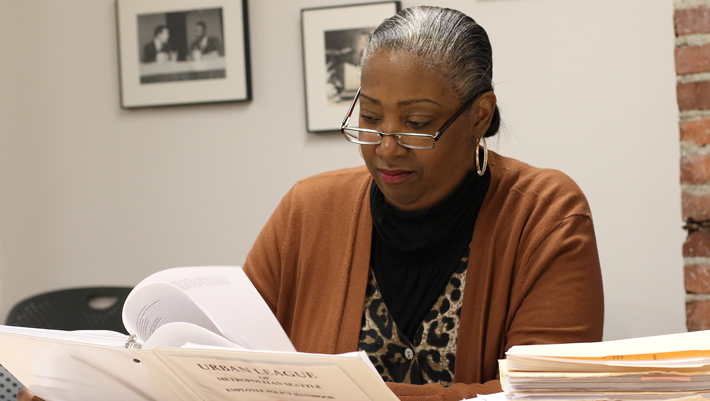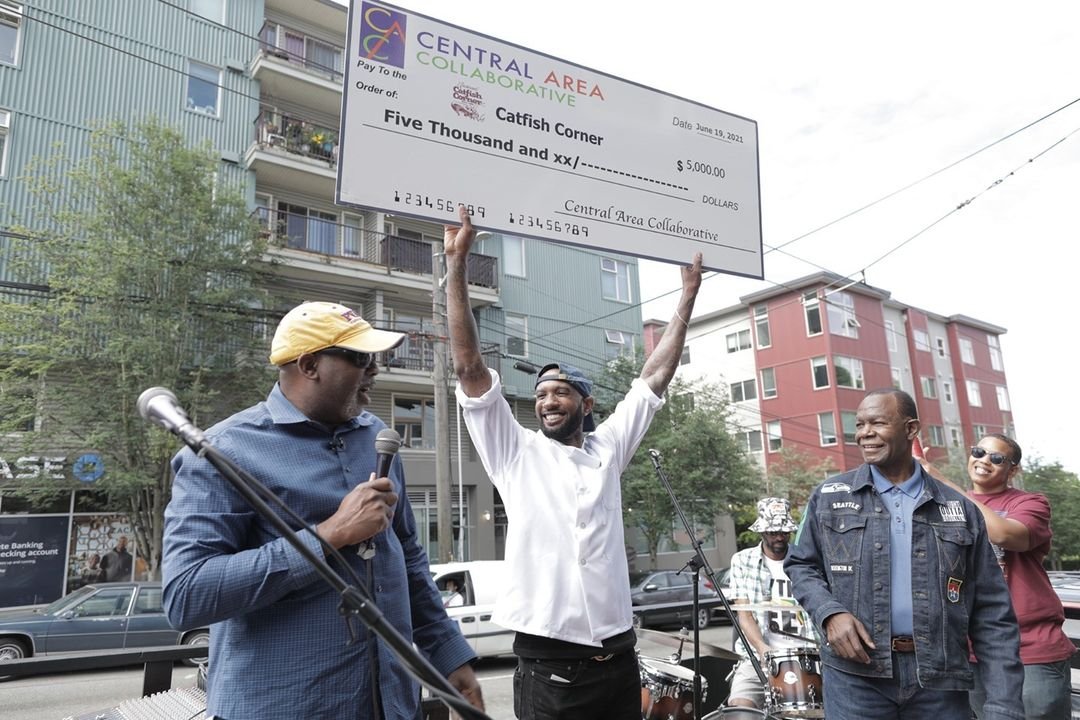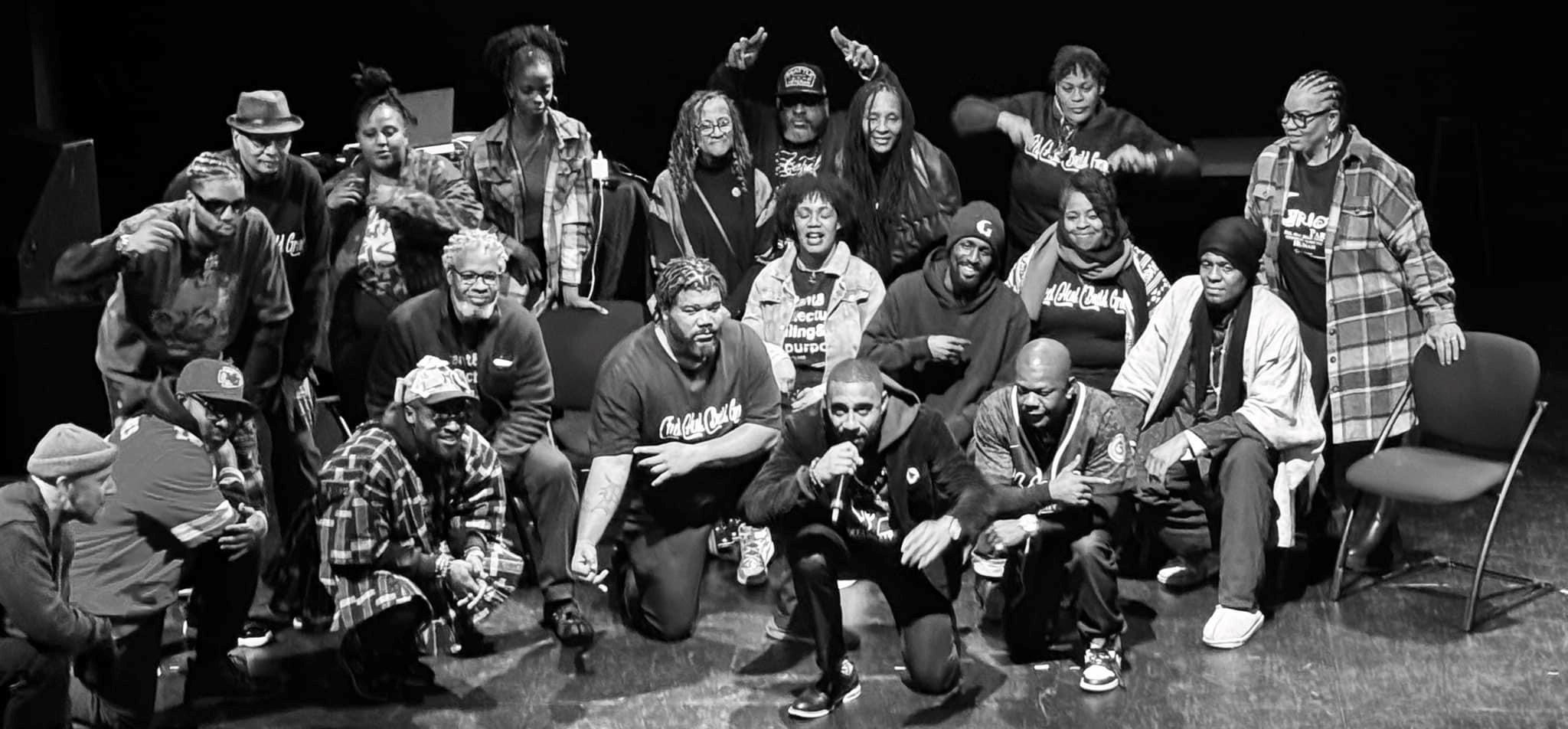
Though Seattle may seem like a highly connected city, some of our most vulnerable residents lack consistent access to computers, smart phones, and reliable internet. To amplify and understand the needs of these residents, Community Liaisons partnered with members of the City of Seattle’s Internet for All Working Group to create a series of short videos highlighting the challenges our neighbors have faced over the past year.
Abdirahman Hashi is a veteran workforce development and human services professional with an extensive background in employment, training, housing, public health, and community relations. In his work, Abdi addresses socio-economic barriers, health disparities and racial equity in the greater King County region. He offers technical assistance to grassroot organizations and facilitates community discussions and trainings for Equity and Social Justice focus group meetings.
In this short video, Abdi discusses the impacts that digital barriers have on the Somali American community, especially as it relates to health and COVID-19.
Why did you choose to tell this particular story?
We all know the importance of digital access in our society, and some argue digital access is vital infrastructure for modern society. Because of my human services background, I cannot say enough about the importance of digital access for health and other determinants of quality of life, such as water, electricity, and other basics. As a contemporary society, we cannot function without the internet and we use the internet/digital tools for e-commerce, government, health, education, and more. I also observed many communities, including mine, encounter some form of digital divide and they don’t have reliable and affordable digital technology.
If you could see one digital gap problem solved in the next ten years, what would it be? Dream Big!
I am hopeful to see real investments in this essential infrastructure for our society. There is a glimpse of hope from the US Congress and key states and municipalities across the USA. They are making an effort to invest in heavily impacted communities. I cannot emphasize enough the importance of real allocation of resources to immigrant communities and seniors. In my conversations about digital access with community leaders and communities, they shared with me their frustration with the internet cost.
However, I have full faith in our local government, philanthropic organizations, and national interest parties to streamline funding resources for digital access and digital training to refugees and BIPOC communities. Immigrant and BIPOC-led organizations can provide culturally appropriate digital navigation and community outreach. Such investments to impacted communities can enhance a community’s access to quality healthcare, education, and economic well-being.
Because of COVID-19, this is the right time to make bold decisions and invest in digital infrastructure to reduce the digital divide and, in so doing, reduce the underlying causes of poor health and economic disparity. There is nothing more important than investing in communities because such investment will yield a good return. By investing in digital infrastructure in our community, we eliminate one or more problems for the next ten years.
Community Liaisons are contractors to the City who help with planning and carrying out engagement with hard-to-reach populations. The program is based on the trusted advocate model and each Community Liaison is part of the community where they support the City’s efforts. For this effort, Community Liaisons worked with a UW instructor to learn the nuts and bolts of storytelling through video and took those skills out to the communities they know to hear their stories and challenges. This work is part of the Digital Navigator Cohort Project.


